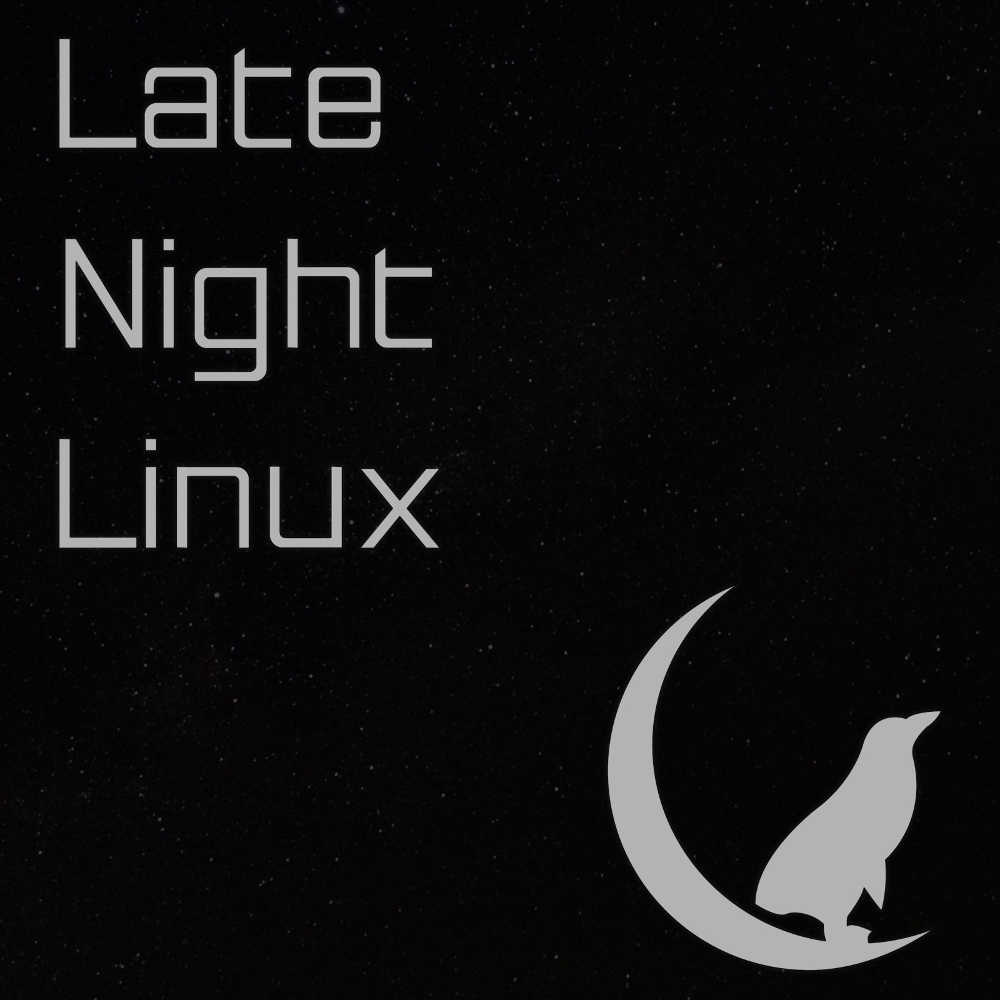
 Late Night Linux
Late Night Linux Late Night Linux – Episode 281
May 13, 2024
Guest host Jim from 2.5 Admins joins to discuss the future of Linux and open source, next-gen file systems, monopolization of computing, challenges for open systems, RISC-V technology, hardware usability, and the evolving internet landscape.
Chapters
Transcript
Episode notes
1 2 3 4 5 6
Introduction
00:00 • 2min
Future Prospects of Next Generation File Systems
01:34 • 11min
Speculation on Future Monopolization and Restriction of General Purpose Computing
12:16 • 2min
Navigating the Future of Open Systems
13:49 • 3min
Discussion on Usability of Hardware for Risk Five Development and Auto Marx Sponsor Ad
16:59 • 2min
Navigating the Internet Landscape
18:43 • 6min


